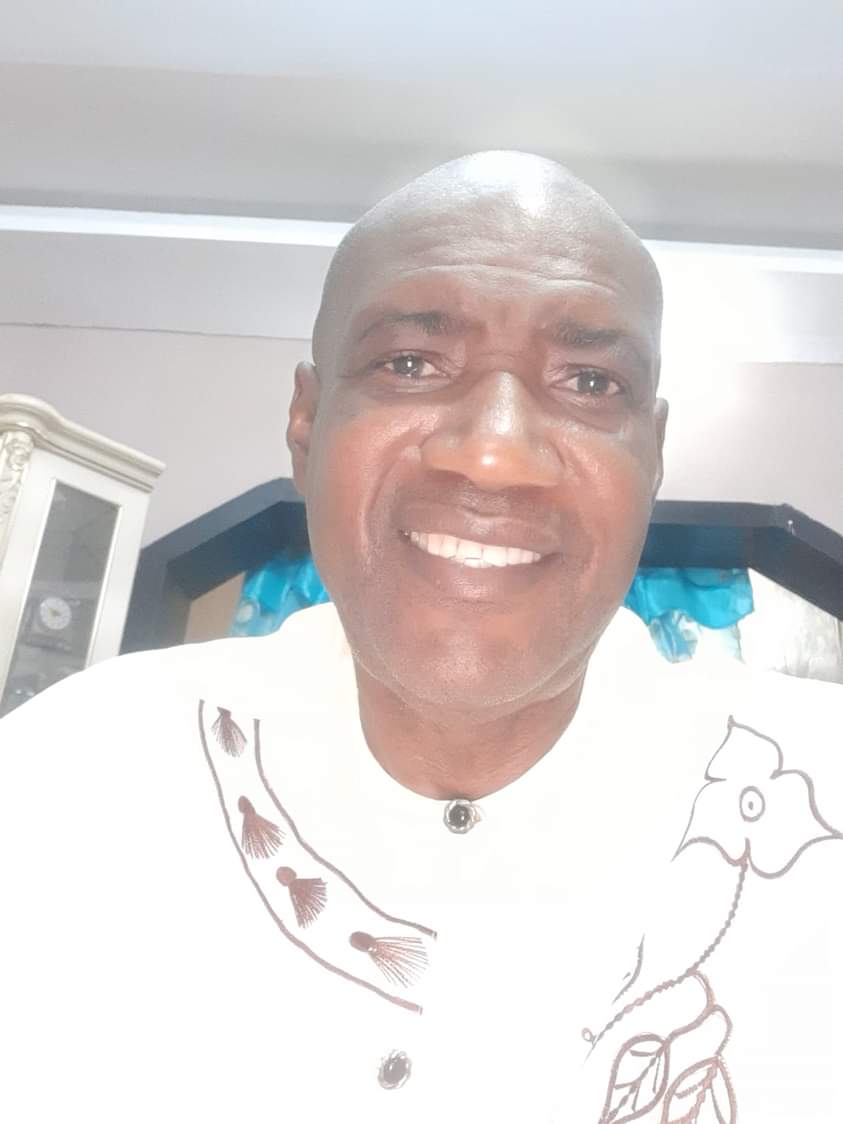By Chike Moronu
Thank you for reading this post, don’t forget to subscribe!The term “stomach infrastructure” is a colloquialism in Nigeria that refers to the prioritization of personal financial gain and material well-being over political and democratic values. The concept has significant implications for Nigeria’s political evolution and democratic fate.

Contribution to hunger and deprivation:
- Corruption: Stomach infrastructure perpetuates corruption, diverting resources meant for public goods and services into personal pockets, exacerbating poverty and hunger.
- Misallocation of resources: Focus on personal enrichment leads to neglect of critical sectors like agriculture, education, and healthcare, perpetuating deprivation.
- Political apathy: Stomach infrastructure undermines democratic participation, as citizens become disillusioned with the political process and focus on personal survival.
- Inequality: The emphasis on personal wealth creation widens income disparities, perpetuating hunger and deprivation among vulnerable populations.
- Governance failure: Stomach infrastructure distracts from addressing structural issues, hindering Nigeria’s development and perpetuating hunger and deprivation.
To address these challenges, Nigeria must prioritize democratic values, accountability, and inclusive development, addressing the root causes of hunger and deprivation.
Nigeria is a country with a complex political landscape, and whether it is a democracy or not is a matter of debate. While Nigeria has held elections and has a civilian government, which are key characteristics of a democracy, it still struggles with many democratic challenges.
Some arguments for why Nigeria is not yet a full democracy include:
- Weak institutions: Nigeria’s democratic institutions, such as the electoral commission and the judiciary, are often weak and vulnerable to political manipulation.
- Corruption: Corruption is rampant in Nigeria, and it undermines the rule of law, accountability, and transparency.
- Political exclusion: Certain groups, such as women and marginalized communities, are often excluded from political power and decision-making.
- Human rights abuses: Nigeria has a poor human rights record, with frequent violations of citizens’ rights to free speech, assembly, and association.
- Electoral irregularities: Elections in Nigeria are often marred by irregularities, violence, and fraud.
While Nigeria has made progress towards democratization, it still has a long way to go to consolidate its democracy and ensure that power is truly in the hands of the people. It is often described as a “nascent democracy” or a “democracy in transition”.
Weak institutions in Nigeria have significantly impacted the evolution of “stomach infrastructure” and good governance, perpetuating a cycle of corruption, inefficiency, and underdevelopment. Here are some ways weak institutions have contributed to this:
- Lack of accountability: Weak institutions fail to hold leaders accountable for their actions, allowing corruption and embezzlement to thrive.
- Ineffective oversight: Weak legislative and judicial branches enable the executive branch to act with impunity, facilitating the entrenchment of “stomach infrastructure”.
- Inefficient service delivery: Weak institutions lead to inadequate provision of public services, creating an environment where personal interests are prioritized over public goods.
- Corruption and cronyism: Weak institutions enable corruption and cronyism, perpetuating a system where personal connections and bribes determine access to resources and opportunities.
- Lack of transparency: Weak institutions fail to ensure transparency in governance, allowing corrupt practices to flourish.
- Undermining the rule of law: Weak institutions erode the rule of law, creating an environment where might and wealth determine outcomes, rather than legal frameworks.
- Encouraging patronage: Weak institutions perpetuate patronage systems, where political loyalty is rewarded with resources and contracts, rather than merit or competence.
By addressing institutional weaknesses, Nigeria can strengthen its democratic foundations, promote good governance, and reduce the influence of “stomach infrastructure”. This requires reforms to enhance transparency, accountability, and the rule of law, as well as investments in institutional capacity building.
*Chike Moronu writes from Abuja Chyke59@gmail.com WhatsApp 08055270713
Kindly share

